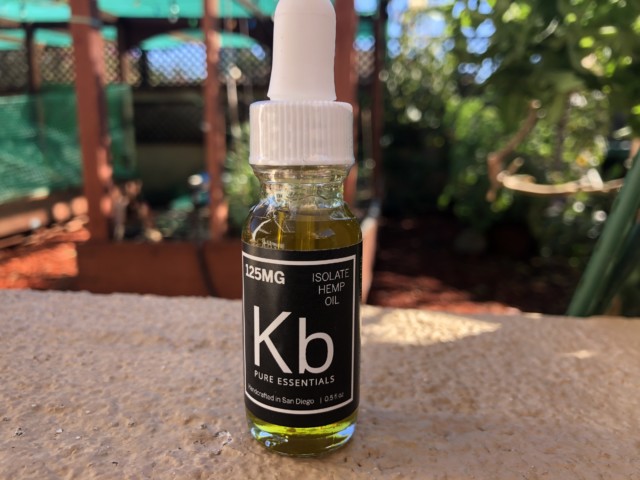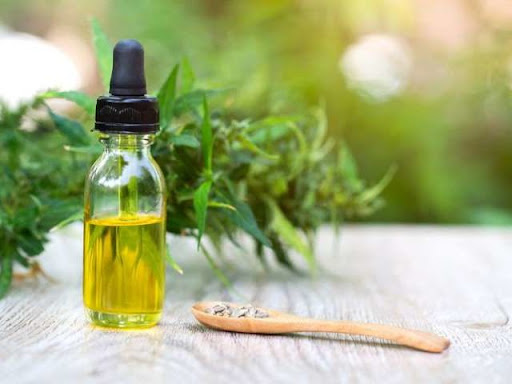CBD Myths vs. Facts

In recent years, cannabidiol, or CBD, has surged in popularity as a wellness product, touted for its potential health benefits. However, alongside its rise in popularity, CBD has also become the subject of numerous myths and misconceptions. In this article, we’ll delve into some of the most common myths surrounding CBD and separate fact from fiction.
Myth 1: CBD Gets You High
One of the most widespread misconceptions about CBD is that it induces a “high” similar to that experienced with hemp. However, this is simply not the case. Unlike tetrahydrocannabinol (THC), the psychoactive compound found in hemp, CBD is non-intoxicating. In other words, consuming CBD products will not result in a euphoric or altered state of mind. CBD works by interacting with the body’s endocannabinoid system, which regulates various physiological processes, including mood, sleep, and pain perception, without producing any psychoactive effects.
Myth 2: CBD is Addictive
Another common myth surrounding CBD is that it is addictive. However, numerous studies have shown that CBD is not addictive and does not lead to dependence or substance abuse. In fact, CBD has been investigated for its potential to help individuals struggling with addiction to substances like opioids by reducing cravings and withdrawal symptoms. Additionally, CBD has a low potential for abuse and is not classified as a controlled substance by the World Health Organization (WHO).
Myth 3: All CBD Products are the Same
With the proliferation of CBD products on the market, another misconception is that all CBD products are created equal. In reality, the quality and efficacy of CBD products can vary significantly depending on factors such as the source of the CBD, extraction method, and third-party testing for potency and purity. It’s essential for consumers to research brands and choose reputable companies that prioritize transparency and quality control in their manufacturing processes.

Myth 4: CBD is a Cure-All
While CBD has shown promise in alleviating a wide range of symptoms and conditions, it is not a cure-all solution. CBD should be viewed as a complementary therapy rather than a substitute for conventional medical treatment. It’s essential for individuals considering CBD to consult with a healthcare professional, especially if they have underlying health conditions or are taking medication, to ensure safe and appropriate use.
Myth 5: CBD is Legal Everywhere
While the 2018 Farm Bill legalized the cultivation and sale of hemp-derived CBD products containing less than 0.3% THC at the federal level in the United States, the legal status of CBD varies from state to state and internationally. Some states have implemented additional regulations or restrictions on CBD products, so it’s crucial for consumers to familiarize themselves with the laws in their jurisdiction. Additionally, regulations regarding CBD products may differ in other countries, so travelers should research local laws before bringing CBD products across borders.
Myth 6: CBD Has No Side Effects
While CBD is generally well-tolerated by most people, it can cause side effects in some individuals, especially at high doses. Common side effects of CBD may include dry mouth, drowsiness, diarrhea, and changes in appetite or weight. Additionally, CBD can interact with certain medications, so it’s essential to speak with a healthcare provider before incorporating CBD into your wellness routine, particularly if you’re taking other medications.
Conclusion
As CBD continues to gain popularity as a natural remedy for various ailments, it’s essential to separate fact from fiction and dispel common myths and misconceptions. By understanding the science behind CBD and educating ourselves about its potential benefits and limitations, we can make informed decisions about incorporating CBD into our wellness routines. Remember, when it comes to CBD, knowledge is power. Feel free to visit Disquantified to get more useful information about CBD myths vs. facts.

